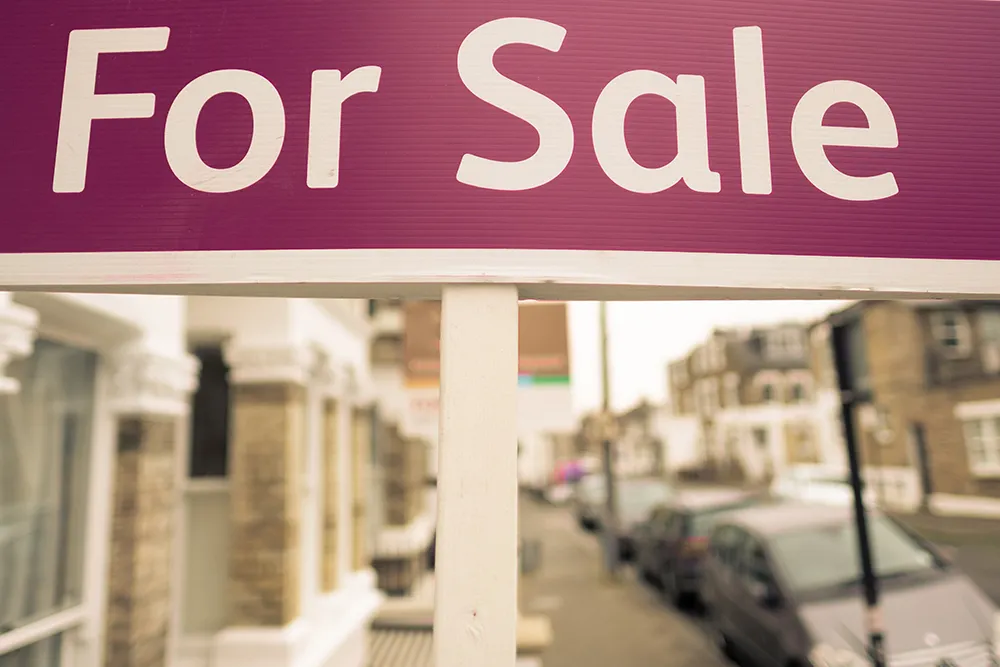
UK house prices rose by 2.8% to an average of £270,000 in the year to July, easing from 3.6% in the 12 months to June, according to provisional estimates from the Office for National Statistics.
Across the nation, average house prices increased by 2.7% to £292,000 in England, lifted by 2% to £209,000 in Wales, and rose by 3.3% to £192,000 in Scotland over the period.
The average house price in Northern Ireland was £185,000 in the second quarter, up 5.5% from the same period a year ago.
The North East was the English region with the highest house price inflation, at 7.9%, in the year to July, up from 7.7% in the 12 months to June.
Annual house price inflation was lowest in London, at 0.7%, in the period, down from 0.9% in the 12 months to June.
The data comes as inflation in the year to August remained at 3.8%, according to official figures.
Tomorrow, the Bank of England will set the base rate, which is widely expected to remain at 4%.
SPF Private Clients chief executive Mark Harris says: “With inflation holding steady in July, could it have finally peaked?
“The rate setters at the Bank of England may decide to monitor the situation a little longer before committing to the next rate reduction, with tomorrow’s meeting perhaps coming too soon for another cut.
“Easing of mortgage criteria by lenders continues, with borrowers in theory able to take on bigger mortgages and afford the houses they desire.
“Lenders have plenty of liquidity and are keen to lend with mortgage rates fairly steady on the whole, although some lenders are tweaking rates upwards.”
Saffron for Intermediaries national sales manager Lee Williams adds: “Today’s figures show a continued momentum in the market, with steady price growth supported by the Bank of England’s base rate cut last month. This has helped boost buyer confidence and expand mortgage options.
“While reports suggest Rachel Reeves may replace stamp duty and council tax with an annual property tax, this has not yet significantly impacted the market.
“This month saw new leadership as a new housing minister [Steve Reed] was appointed, issuing a ‘call to arms’ to ‘build, baby, build’.
“The industry will be looking for tangible measures to help meet the government’s 1.5 million home target. With the Budget set for late November, lenders are gradually increasing mortgage rates, prompting some buyers to act quickly and making advice from a qualified adviser increasingly important.”
MT Finance director Tomer Aboody points out: “Lower interest rates give buyers more confidence in moving, which in turn has brought about an increase in pricing.
“However, despite cheaper rates, transactional levels remain stunted.
“This further underlines the case for taking action to reduce or reform stamp duty in order to allow the market to really start to flow again, which in turn will strengthen the wider economy.”



